
Unsurprisingly, Taiwan was the most tense subject of conversation.

The U.S. government currently appears to be engaged in a slow-paced disclosure program. It is time for the rest of us to entertain the possibility that UFOs are extraterrestrial.

We cannot know for certain what the outcome of the election will be; the very fact that there will be recounts only gives more weight to the “what happened?” question.

Biden has become such a problem for the Democrats that some candidates have quietly asked him not to come and stump for them in their local races. His appearances would lose more voters than they would gain.

To cut the Gordian Knot constraining the Swedish economy, I suggest repealing the long-standing ‘fiscal framework’ that currently dictates how the Swedish Parliament conducts fiscal policy.

I will tell you right away, professor Oster: there will be no amnesty. Not a chance. And here is why.
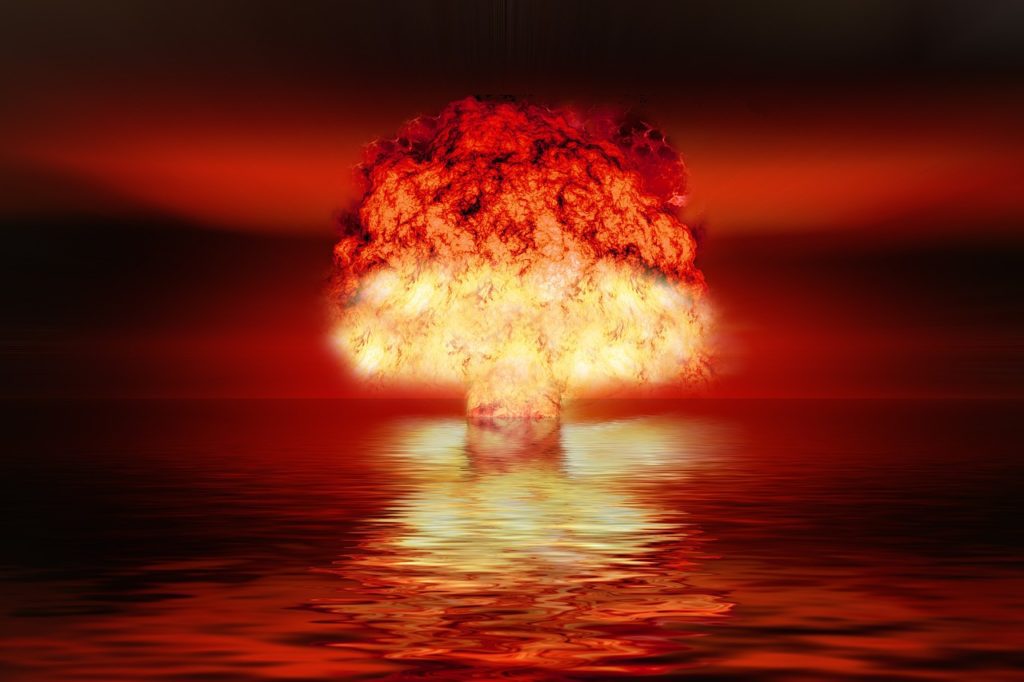
Sweden has actively opposed nuclear weapons within its borders since signing the UN-negotiated Treaty on the Non-Proliferation of Nuclear Weapons in 1968.
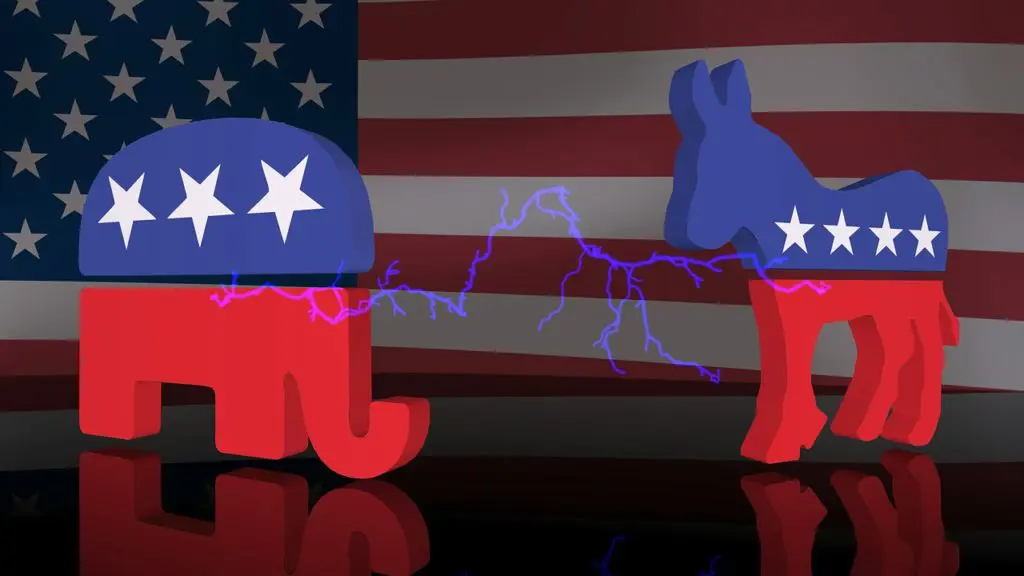
Currently, the Democrats control both legislative chambers, but with very small margins. This is about to change.
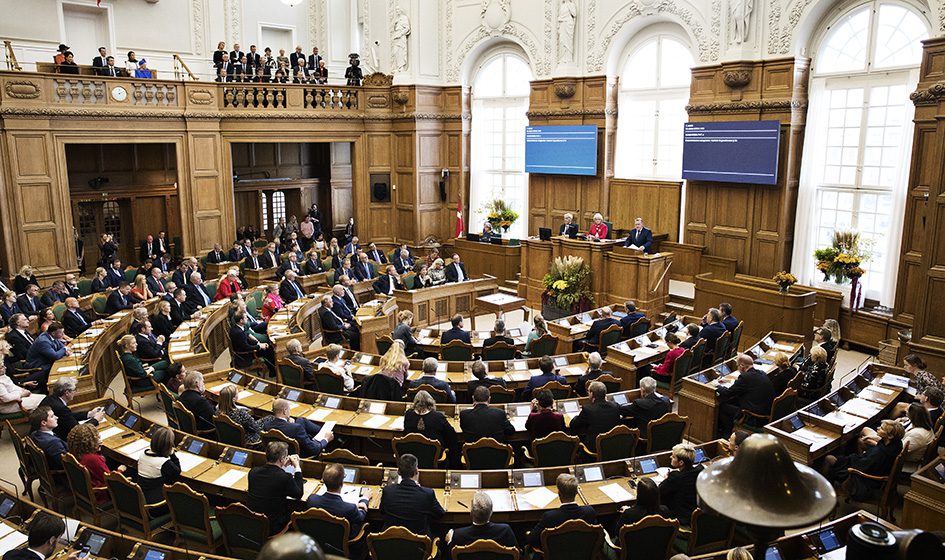
Incumbent prime minister and Social Democrat chairwoman, Mette Frederiksen, intends to hand in her resignation while negotiating a new alliance to come back with renewed parliamentary support.
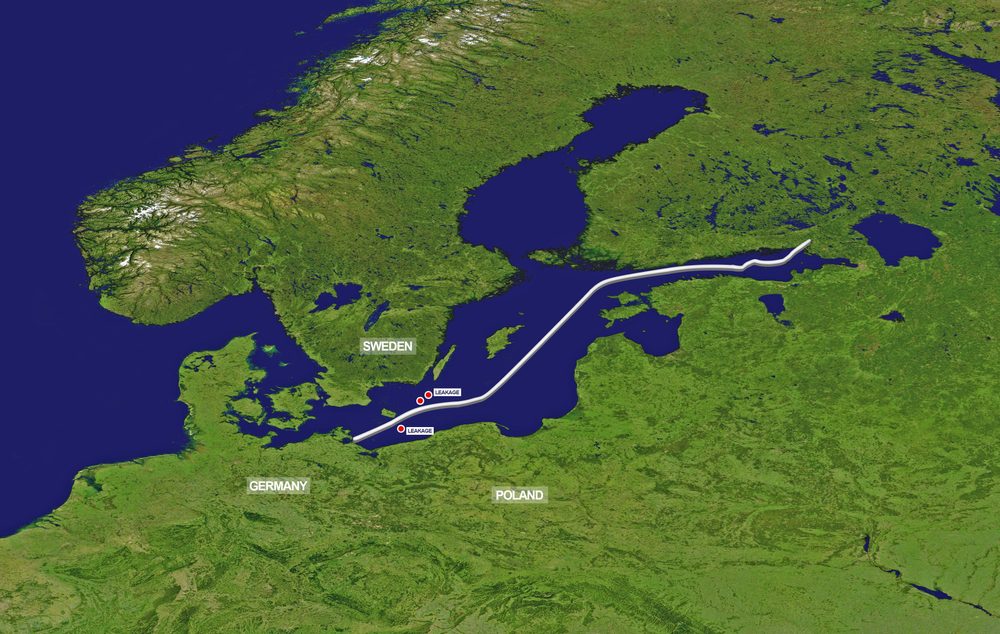
The prevailing opinion among most ‘observers,’ Politico explains, is that “Russia blew up the pipelines … in an effort to further destabilize Europe’s energy supplies.
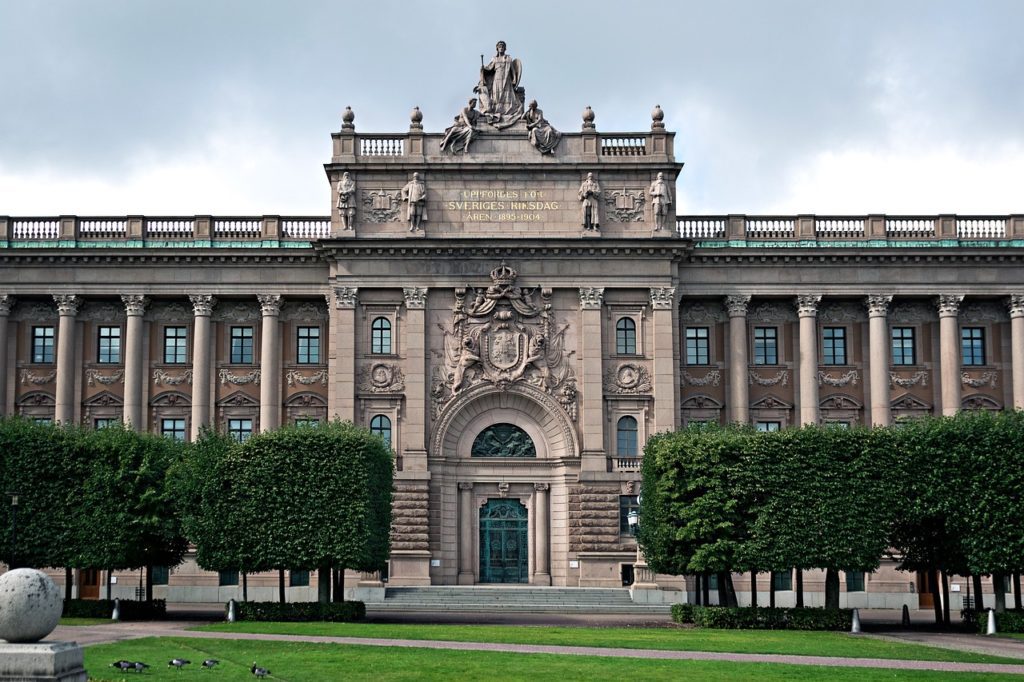
The four parties of the governing coalition explained that they had not taken over a “laid table” but rather a pile of problems that will take a long time to solve.

Inflation is of major concern, according to the ECB.